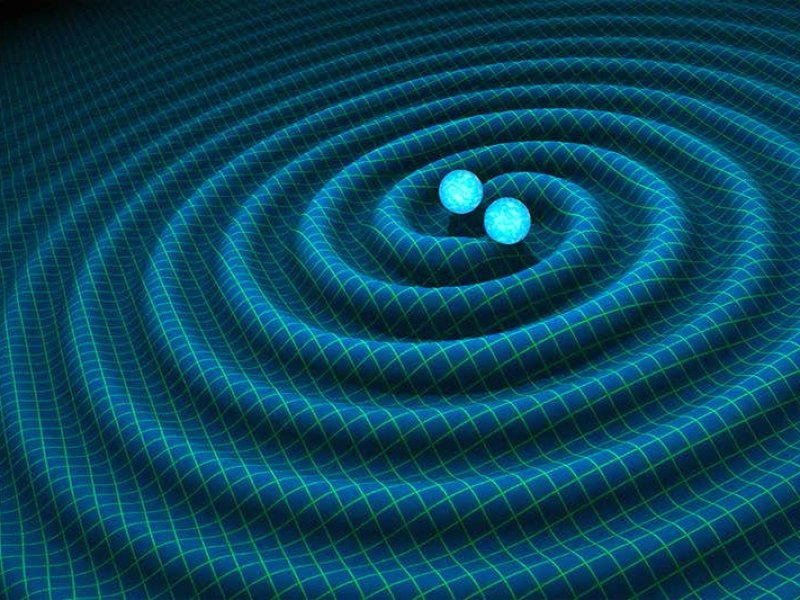Hunting dark energy with (stellar) astrophysics
Advisor: Ippocratis Saltas (CEICO IP CAS)
Funding: Fully funded
Contact: saltas@fzu.cz
The current acceleration of the Universe is one of the most challenging open questions of modern cosmology, dubbed the “dark energy” problem. Intense efforts over the last years have shown that its explanation calls for the introduction of new forces and interaction beyond the standard model of particle physics and General Relativity. New particles are expected to leave their imprints at different scales in the Universe: from cosmological scales to astrophysical gravitational waves and stellar interiors. Their observational detection are of paramount importance for understanding the nature of dark energy, while offering us an exciting opportunity to challenge the fundamentals of the standard model of particles and forces in Nature.
In this project, the student will work on the development of novel theoretical and numerical tools that will allow to build critical tests of Newtonian gravity and General Relativity at astrophysical scales, and predict the phenomenological implications for cosmology. A focus in this context will be given to the theoretical modelling of relativistic compact objects such as neutron stars and the study of gravitational waves within general dark energy theories [1,2] from neutron star or black hole mergers. The phenomenological implications for upcoming precision gravitational wave missions, such as the LISA satellite, will form an integral part of the project [3].
An adequate background in General Relativity is necessary for this project. Candidates with a strong background in coding/numerical methods are also encouraged to apply.
References:
[1] I. D. Saltas et al, PRL 113 (2014) 19,
191101 — arXiv: 1406.7139
[2] I. D. Saltas et al — arXiv:
1812.03969
[3] E. Barause et al, Gen.Rel.Grav. 52 (2020) 8, 81 — arXv:
2001.09793


